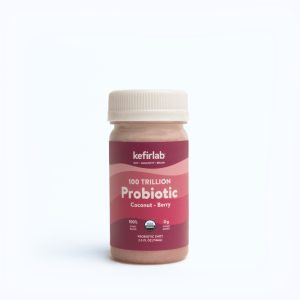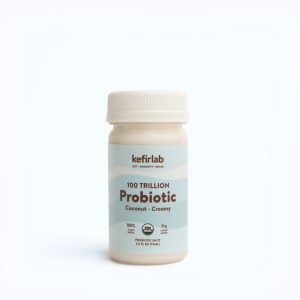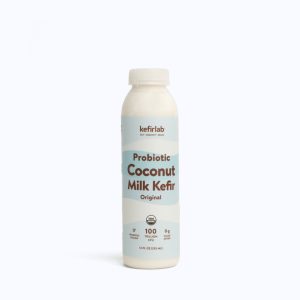Understanding CFU’s (Colony Forming Units): The Key to Probiotic Effectiveness – ProbioticsX

Understanding CFU’s: The Key to Probiotic Effectiveness
Probiotics have gained significant popularity in recent years due to their potential health benefits. These live microorganisms, when consumed in adequate amounts, can confer a range of positive effects on the human body. However, not all probiotics are created equal, and their effectiveness largely depends on the number of colony-forming units (CFUs) they contain. In this article, we will delve into the importance of CFUs in probiotics, their role in determining effectiveness, the optimal CFU count, and the factors that influence CFU viability and survival.
CFUs, or colony-forming units, are a measure of viable microorganisms in a probiotic product. It represents the number of live bacteria or yeast cells capable of forming a colony and reproducing under specific conditions. CFUs are crucial in probiotics because they determine the potency and efficacy of the product. The higher the CFU count, the more microorganisms are available to colonize the gut and exert their beneficial effects.
The role of CFUs in determining probiotic effectiveness
When probiotics are ingested, they need to survive the harsh acidic environment of the stomach and reach the intestines alive. Once in the intestines, they must compete with the existing gut microbiota for resources and space. The higher the CFU count, the better the chances of probiotics successfully colonizing the gut and exerting their intended effects.
Research has shown that probiotics with higher CFU counts are more effective in treating various health conditions. For example, a study published in the Journal of Clinical Gastroenterology found that a probiotic supplement with a high CFU count significantly reduced the duration and severity of diarrhea in children compared to a lower CFU count product. This highlights the importance of CFUs in achieving desired health outcomes.
Determining the optimal CFU count can be challenging as it varies depending on the specific strain and health condition being targeted. However, experts generally recommend a minimum of 1 billion CFUs per serving for probiotics to be effective. Some strains, such as Lactobacillus and Bifidobacterium, have been extensively studied and are known to provide benefits at higher CFU counts, ranging from 10 billion to 100 billion CFUs per serving. Kefir Lab’s has the highest probiotic count on the market with 100 trillion CFU’s, making it one of the most powerful tools to improve your gut health.
Several factors influence CFU viability and survival in probiotics. One crucial factor is the manufacturing process. Probiotics must be carefully formulated and manufactured to ensure the viability of the microorganisms. This includes using protective coatings or encapsulation techniques to enhance survival during transit through the digestive system.
Storage conditions also play a significant role in maintaining CFU viability. Probiotics are sensitive to heat, moisture, and light, which can degrade their potency. It is essential to store probiotic products in cool, dry places away from direct sunlight to preserve their CFU count.
Another factor that affects CFU viability is the expiration date. Probiotics have a limited shelf life, and their CFU count gradually decreases over time. It is crucial to check the expiration date and consume probiotics before they expire to ensure maximum effectiveness.
Lastly, the individual’s gut environment can impact CFU viability. Factors such as diet, stress levels, and antibiotic use can alter the gut microbiota composition, potentially affecting the survival and colonization of probiotics. Maintaining a healthy lifestyle and following a balanced diet can create a favorable environment for probiotics to thrive.
In conclusion, understanding CFUs is crucial for assessing the effectiveness of probiotics. CFU counts determine the potency of probiotic products and their ability to colonize the gut and confer health benefits. Higher CFU counts have been associated with better outcomes in various health conditions. Factors such as manufacturing processes, storage conditions, expiration dates, and individual gut environments can influence CFU viability and survival. By considering these factors and choosing probiotics with adequate CFU counts, individuals can maximize the potential benefits of probiotic supplementation and improve their overall well-being.




